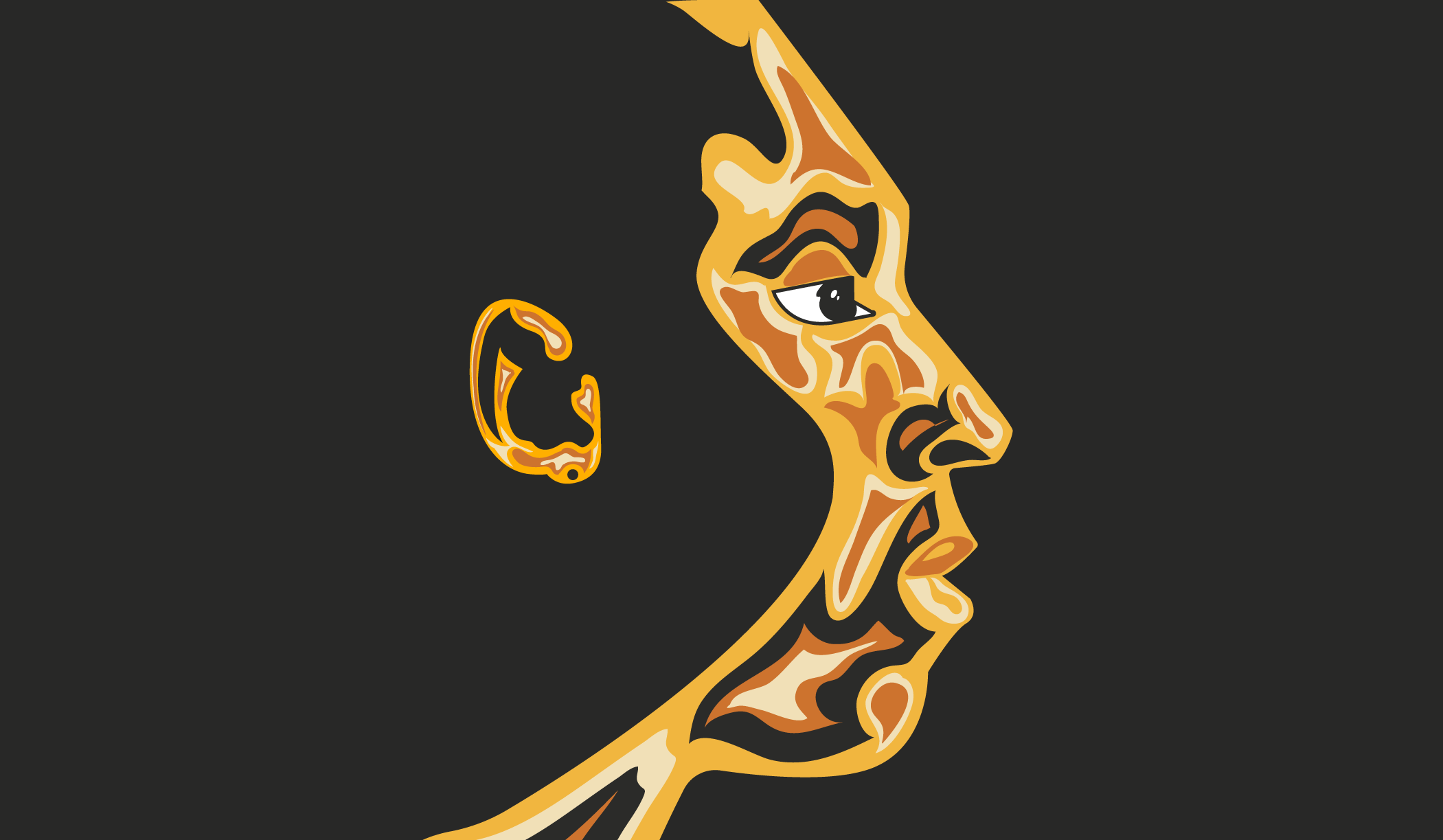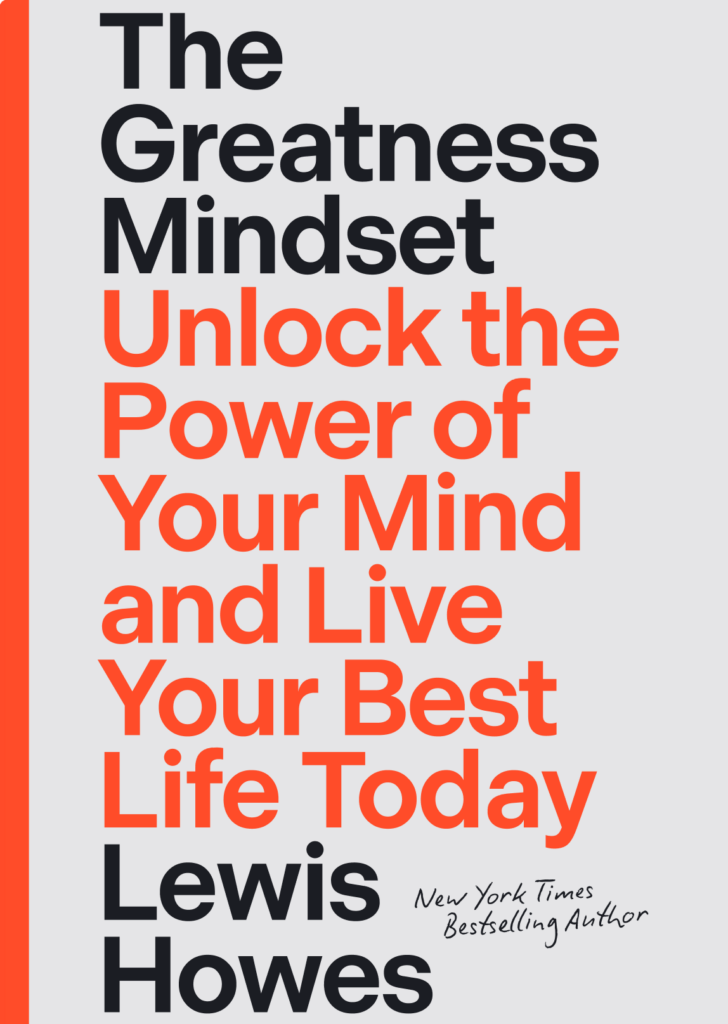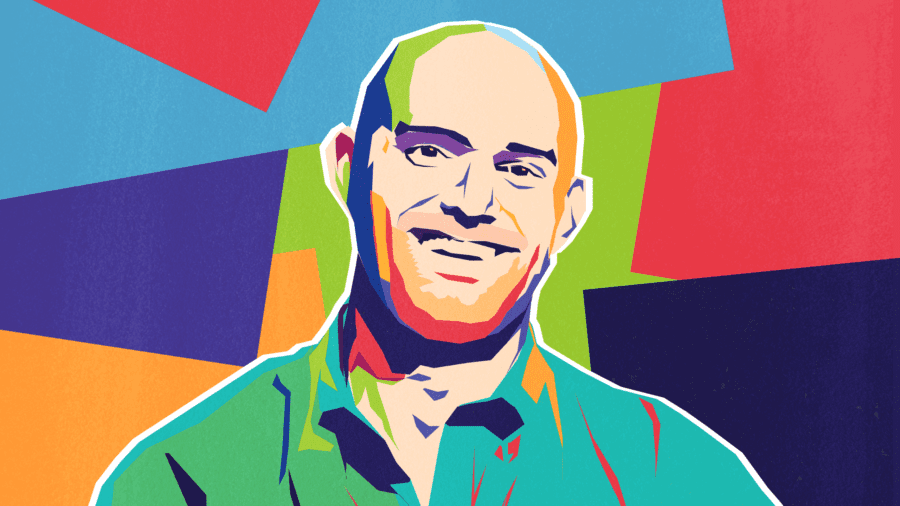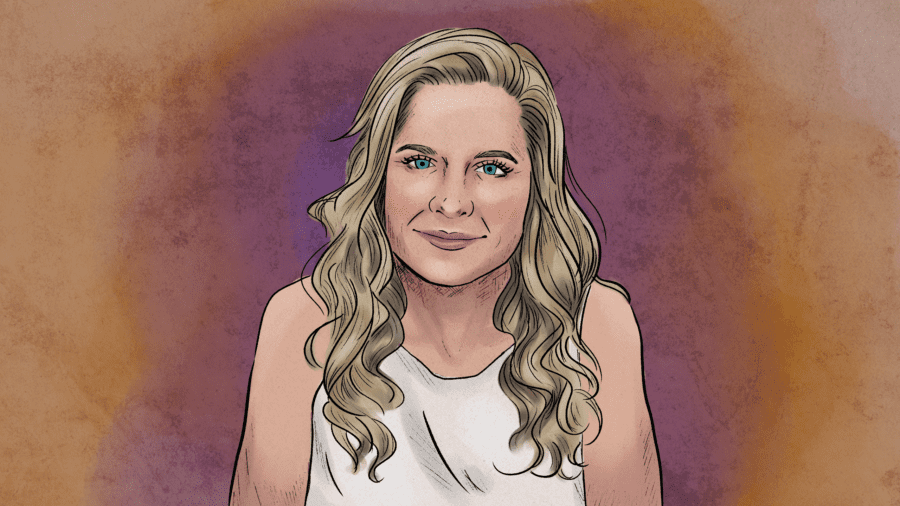
Upgrade Your Work Ethic into a Mamba Mentality Using These Mindset Methods from Kobe Bryant
On June 14, 2009, the Los Angeles Lakers squared off with Orlando Magic at the Amway Center in Orlando, Florida. Both teams brought their A-games as they competed in Game 5 of the NBA Finals. The Lakers led the Magic by three wins as the game began, but the Magic started strong and outpaced the Lakers by nine points by the end of the first quarter.
Although the Magic outplayed the Lakers in the first quarter of the game, Los Angeles accomplished an impressive 16-0 run in the 2nd quarter, establishing a ten-point lead by the end of the first half.
This was certainly not the first time that Kobe Bryant had been at the NBA Finals — he had served on the Laker’s second team during the team championship wins in 2000 and 2001, and he was a team captain during the 2002 NBA Championship along with Shaquille O’Neal.
However, Kobe was the team’s only captain this time. Fortunately for the Lakers and their fans, Kobe was far more than a skilled basketball player — he was a determined leader with an unparalleled work ethic, and he could deliver historic game performances during times of immense pressure.
The Lakers completed their 2009 Championship game with an impressive 99-86 victory over Magic. It was Kobe Bryant’s fourth NBA Championship win, but his incredible performance — with an average of 32.4 points a game — and leadership led him to receive his first Bill Russell NBA Finals MVP Trophy.
The following year, Kobe Bryant and the L.A. Lakers remained at the top of their game. They claimed victory over the Boston Celtics in Game 7, and Bryant was awarded MVP once again.
In total, Kobe won 5 NBA Championships over the course of his groundbreaking 20-year professional basketball career.
Although Kobe’s stats alone set him apart as one of the most important players of all time, he also created a powerhouse mindset that everyone can use to sharpen their work ethic and achieve their goals: The Mamba Mentality.
Kobe Bryant’s Childhood and Development of His Powerful Mindset
Kobe Bryant was born in Philadelphia in 1978, and both of his parents had roots in the National Basketball Association. His father, Joe Bryant, played in the NBA from 1975 to 1983, and he continued his basketball career by playing in Europe and coaching until 2015. Kobe’s mother, Pamela Cox Bryant, also had connections to the NBA through her brother John Arthur “Chubby” Cox III.
Kobe’s parents raised him on basketball, with the future star player beginning the sport at the age of three. At age six, Kobe’s father retired from the NBA, but he continued playing professionally in Europe. Joe Bryant moved their family to Italy, where Kobe became more serious about playing basketball.
Despite his young age, Kobe decided that he was interested in seeing how far he could go with basketball, and he developed an impressive work ethic that set him apart as he navigated his childhood and teenage years. While others put in the bare minimum, or just wanted to have fun, Kobe pushed himself to excel — even at a young age.
Kobe’s family returned to Philadelphia when he was 13. A few years later, he continued his basketball journey by making the Lower Merion High School varsity team in Ardmore. Although the team had a rocky time during his freshman year, Kobe led them to numerous impressive victories over the course of his high school career, including a state championship in his senior year.
The star high school player received a great deal of recognition for his impressive performance on the court, including the Naismith High School Player of the Year, USA Today All-USA First Team player, Gatorade Men’s National Basketball Player of the Year, and other accolades.
Although Kobe initially planned to play college ball, he was inspired by Kevin Garnett to go directly into the NBA. He became the sixth player to join the NBA draft right out of high school.
Before the 1996 draft began, Kobe had already gotten the attention of the L.A. Lakers. He scrimmaged with former players Larry Drew and Cooper West, and the Lakers’ general manager at the time, Jerry West, reported that Kobe dominated the games against these former star athletes.
The Lakers made a deal with the Charlotte Hornets to trade their center Vlade Divac for their draft pick. During the draft, the Lakers instructed the Hornets to pick up Kobe Bryant, and he officially joined the Lakers on July 9, 1996. He was only 17 at the time, so his parents had to cosign his contract!

The Greatness Mindset
Learn the secrets of some of the greatest minds in the world. Unlock the power of your mind and live your best life today.
Learn MoreWhat Is Mamba Mentality?
Throughout his career in the NBA, Kobe Bryant made a name for himself through his five NBA championships, 18 All-Star games, and two Olympic gold medals. Although he butted heads with fellow players during his early career and was considered arrogant, no one could question Kobe’s tremendous skill and unfounded dedication to himself and his sport.
After retiring from the NBA in 2016, he became more vocal about how he was able to achieve such historic feats: He developed a mindset he called the “The Mamba Mentality,” which he detailed in his 2018 book The Mamba Mentality: How I Play.
The Five Pillars of The Mamba Mentality
#1. Passion: Kobe was known for his love of the game, and his unrelenting enthusiasm for basketball motivated his hard work and dedication. Finding what you’re passionate about is a key part of developing an unparalleled work ethic and mindset.
#2. Obsession: When you find your passion, you can turn it into an obsession. Kobe was known for waking up between 4 and 5 AM each morning because he was so obsessed with his craft. He made a choice early in life to practice more than anyone else and woke up hours before others so that he could commit more time to his craft and grow in his skills.
#3. Relentless: Even though our long-term goals can sometimes seem unachievable, you can develop the relentless mindset to never stop working toward them. Rather than make excuses for why you can’t progress with your goals, you can focus relentlessly on achieving them, even if it means breaking up your larger goals into smaller goals.
#4. Resilience: Kobe never let setbacks dissuade him from pushing forward to greatness. When you’re truly passionate about something, giving up is never on the table. No matter the adversity, continue striving to make your dreams a reality.
#5. Fearlessness: Everyone experiences fear from time to time, whether it be fear of failure, fear of not being good enough, or fear of our own dreams. Being fearless means going for it even though it’s scary. In moments of doubt and fear, continue pushing yourself toward what you want to accomplish.
Upgrading Your Mindset with Laser Focus on Your Goals
When adopting the Mamba Mentality and striving to achieve greatness, you need more than just hard work — you need to have a strong intention.
Kobe wasn’t just known as a natural athlete — he was known for his bulletproof mindset and tremendous focus in everything he did. According to an athletic trainer on the USA Olympic Team, Kobe exercised and practiced for several hours before official training would even begin. He would start training at 4:30 AM and worked until actual practice began at 11:00 AM.
What made Kobe especially effective in his training was his clear-headed focus on what he wanted to accomplish. He didn’t train or exercise without a purpose — he had clear goals and exercises that he used to hone his skills.
Before the Men’s U.S. Olympic Team started training, Kobe would execute 800 jump shots over the course of four hours. Picture that for a moment: he practiced shooting for four hours before his team’s practice even began! It’s no mystery how he became an expert in his craft and one of the greatest players of all time (if not THE greatest) — he put in countless hours of practice with great focus and intention.
Developing that kind of laser focus and relentless dedication takes mental toughness, and in addition to being exceptional physically, Kobe was way ahead of his competition mentally. Through his mental fortitude, Kobe could perform expertly during times of tremendous pressure.
One of Kobe’s key tools for developing mental toughness was something that everyone can do daily: meditation. During an interview with Oprah Winfrey, Kobe stated that he practiced meditation every morning for ten to fifteen minutes. He said this set him up for success for the rest of the day because it made him stronger mentally.
Kobe was also great at shifting his mindset when it came to losses. While losing can obviously be discouraging, Kobe always viewed his losses and setbacks as opportunities to learn and grow as a player.
Rather than try to forget his losses, Kobe would watch them repeatedly in order to improve. He studied his competition, and he had the humility to own his mistakes so that he could avoid them in the future.
Find Your Passion and Purpose and Embrace Your Competitive Spirit
What made Kobe Bryant truly great was his dedication to his sport. He genuinely loved basketball, and his passion for the game came out in his unparalleled work ethic. His “no excuses” mindset didn’t only come from his ability to work hard — it came from his passion and his purpose.
Becoming focused on your passion and purpose is critical for zeroing in on what you need to do to become great. Kobe Bryant once said, “If you want to be great at something, there’s a choice you have to make. We all can be masters at our craft, but you have to make a choice. … There are inherent sacrifices that come along with that.”
Although Kobe certainly made many sacrifices over his career to become great, he remained dedicated to his family as well. He struck a positive work-life balance and focused on raising his four daughters with his wife, Vanessa Bryant. Even though he was dedicated to his sport, he was also passionate about his family and his role as a father.
You can’t be the best at everything — you need to hone in on what you’re passionate about and your perceived purpose to become exceptional in what you do. Kobe wrote in The Mamba Mentality, “If you really want to be great at something, you have to truly care about it. If you want to be great in a particular area, you have to obsess over it.”
Again, it takes more than a tremendous effort to become the best at something — you need to care about it enough for it to become an obsession that you pour countless hours into in order to become great.
Join In 200 Million+ On The Journey to Greatness
Learn From the Best: Discover Your Inner Mamba Mentality
Stories of tremendous achievements never fail to inspire others to take the first steps toward accomplishing something great, but you need to be willing to dedicate an unparalleled amount of time and effort to your craft. Kobe Bryant didn’t become an expert basketball player overnight — he put in the work to become the best.
What are you passionate about? How can you begin to dedicate the time and energy needed to hone in on your purpose?
Although Kobe’s story can’t answer these questions for you, we hope that you feel inspired to take on the next step on your journey to greatness!
Greatness Authors
Greatness Authors is a collection of writers, thinkers, curiosity experts, and students of the world who are committed to bringing you the most up-to-date, impactful, and inspiring information surrounding Greatness topics.

Redefining Poetry: How Instagram Sensation Rupi Kaur Showed That Poetry Is for Everyone

The 7 Best Vitamins to Naturally Promote Better, Uninterrupted Sleep According to Shawn Stevenson

The Science of Forming Healthy Habits & Letting Go of Bad Ones, According to Author James Clear

9 Signs You Have Imposter Syndrome at Work and How to Overcome Performance Insecurity

Olympian Yusra Mardini’s Incredible Story of Resilience, Rescue, and Refugee Rights










